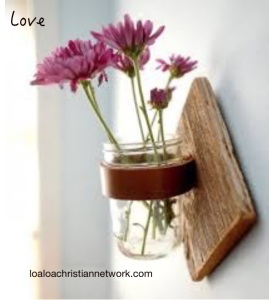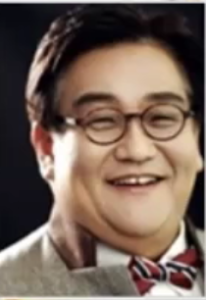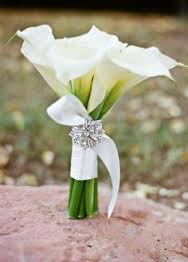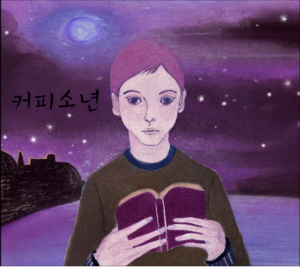
Thrashing the Sesame
by Kim Jun-tae
At the corner of a farm where the mountain shadow descends,
I thrash the sesame with Grandmother.
In my eyes, Grandmother strikes the stick slowly.
But I, the young one, want to go home before dark,
and strike with all my strength.
I find rare pleasure in thrashing the sesame–
difficult to find in worldly affairs.
Since I have lived in the city for almost ten years,
it is an exhilarating thing
to watch, even with one stroke,
innumerable, white grains rushing out.
I thrash bundle after bundle, whistling.
When I am lost in thrashing,
thinking that there might be many things
that would rush out like sesame
if you gleefully strike anywhere,
Grandmother pitifully chastises me:
“Honey, don’t thrash at the necks.”
Translated by Chae-Pyong Song and Anne Rashid
참깨를 털면서
-김준태-
산그늘 내린 밭 귀퉁이에서 할머니와 참깨를 턴다.
보아하니 할머니는 슬슬 막대기질을 하지만
어두워지기 전에 집으로 돌아가고 싶은 젊은 나는
한번을 내리치는 데도 힘을 더한다.
세상사에는 흔히 맛보기가 어려운 쾌감이
참깨를 털어대는 일엔 희한하게 있는 것 같다.
한번을 내리쳐도 셀 수 없이
솨아솨아 쏟아지는 무수한 흰 알맹이들
도시에서 십 년을 가차이 살아본 나로선
기가막히게 신나는 일인지라
휘파람을 불어가며 몇 다발이고 연이어 털어댄다.
사람도 아무 곳에나 한 번만 기분좋게 내리치면
참깨처럼 솨아솨아 쏟아지는 것들이
얼마든지 있을 거라고 생각하며 정신없이 털다가
“아가, 모가지까지 털어져선 안 되느니라”
할머니의 가엾어하는 꾸중을 듣기도 했다.
(Originally published in Gwangju News, June, 2012)
Kim Jun-tae (1949- ) was born in Haenam, Jeollanamdo. He studied German literature at Chosun University. He made his literary debut in 1969 with the publication of “Thrashing the Sesame” and other poems in The Poet. His poetry collections include Thrashing the Sesame, I Saw God, The Rice Soup and Hope, Fire or Flower?, and Sword and Soil. He is known as the progressive poet of “Oh, Gwangju! The Cross of Our Nation!,” a poem about the Gwangju Uprising he published on June 2, 1980, in The Chonnam Daily. With the publication of this poem, the newspaper was forced to shut down, and he was laid off from his teaching at Chonnam High School. This poem has been acclaimed as the first poem that addressed the uprising. He is a protest poet committed to writing about ruined hometowns, national liberation, and the decolonization of culture.
From; ‘Korean Poetry in translation’
좋은글 감사합니다
http://www.loaloachristiannetwork.com/











